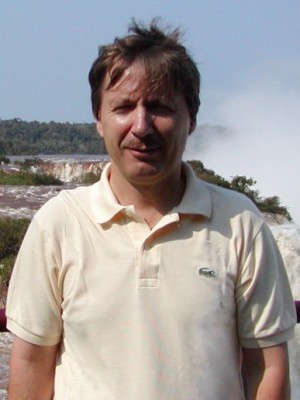Description
At present, there is an urgent need of novel chemical and physical techniques for assembling a wide range of functional materials with complex architectures. They are especially important in biology and microelectronics, where a wide range of applications is envisaged in nearest future. We will explore in this Project an innovative approach that allows controlling local reactivity, and physical and chemical absorption of organic molecules on the ferroelectric surface due to variation of atomic polarization and electronic structure of ferroelectric polymers.
The approach consists of the nanoscale polarization patterning of ultrathin Langmuir-Blodgett films based on P(VDF-TrFE) copolymer by scanning probe microscopy and subsequent exposure of the patterned surface to several chemical species including amphipilic merocyanine molecules and different glicolipids that possess glucose polar hydrophobic head group and a hydrophobic alkyl chain. Thus obtained complex self-assembled nanosctructures will be investigated by a variety of analytical and spectroscopic techniques including macroscopic (dielectric constant, polarization, switching current, pyrocoefficient, optical spectroscopy, exoelectron emission, XPS, etc) and local ones (electric potential, charge, electric field, conductivity, piezoresponse).
The switching and recognition phenomena related with the dynamics of ferroelectric domains during application of external electric field will be also studied. The measurements will be complemented with extensive modelling of the nanostructures including configuration of molecular units, cooperative phenomena, molecular dynamics, and local electronic structure. We believe that using the obtained knowledge of the assembly of representative organic and biomolecules, a new fundamental approach for the fabrication of various nanostructures and useful devices on their base will be created.
Coordinator
Coordination
Universidade de Aveiro (UA)
Partners
INSTITUTE OF CRYSTALLOGRAPHY (AT MOSCOW); Russia; INSTITUTE OF MATHEMATICAL PROBLEMS IN BIOLOGY; Russia; RIGA TECHNICAL UNIVERSITY; Latvia; UNIVERSITÄT DES SAARLANDES - SAARBRÜCKEN; Germany
Sponsors





